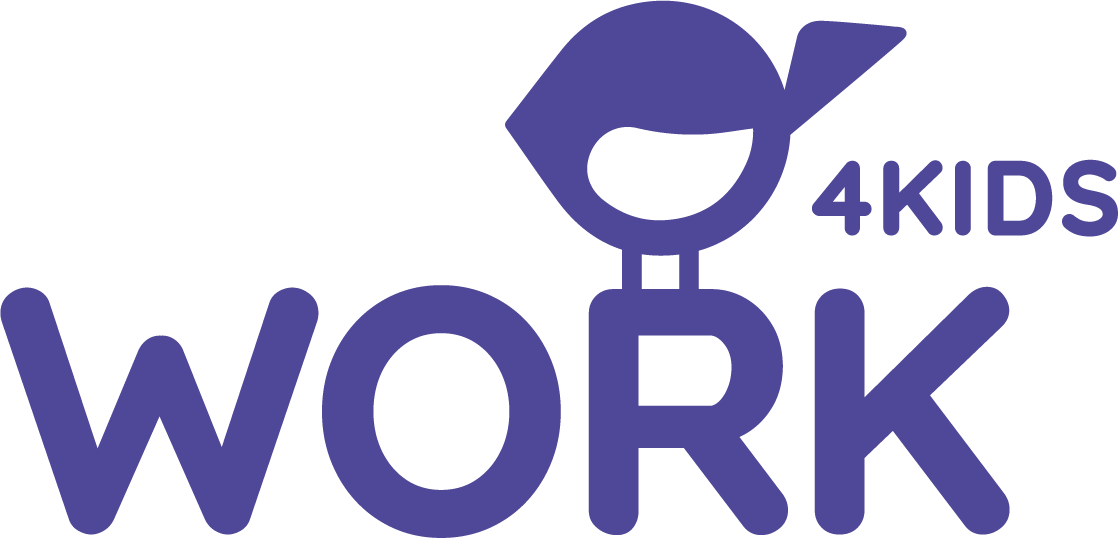Introduction/specifics
Kita Paradies pursues an integrative concept that focuses on the child and their relationship to life. The facility has therefore set itself the goal of awakening and promoting the individual abilities and interests of the children entrusted to it. The children are given the opportunity to build a foundation that enables them to live in the community.
People of all nationalities, cultures and religions are welcome in our daycare center. We treat all people with respect and appreciation and see this diversity as an enrichment.
Our daycare center is a place of encounter. Together, but also individually, children and adults can discover, play, learn and laugh. We see life as a constantly changing process that everyone in our community can influence and that must be constantly scrutinized for the benefit of the child. We value the needs and interests of children and their families. Through mutual respect, attentiveness and open communication, we create the basis for a trusting relationship in the educational partnership.
To enable children to develop according to their interests and at their own pace, we attach great importance to creating an environment that encourages play and learning. Equally important to us is an emphatic, appreciative relationship with each other for the success of the educational work. In this way, we want to include the children's co-determination according to their age and stage of development and give them the opportunity to be self-effective in shaping their everyday lives.
Our holistic educational work is based on the Hessian Education and Upbringing Plan (BEP). The BEP stands for a pedagogy that focuses on the child with its individual learning requirements. It provides us with stimulation, structure and creative freedom at the same time and enables us to initiate processes together as a team, with the children and the parents.
We have been a certified literature daycare center since August 2019 and want to give children access to a wide variety of literature. We do this by
- Looking at picture books together,
- reading stories and fairy tales aloud,
- Informing with and through non-fiction books and encyclopedias,
- acting with Kamishibai (storytelling theater)
and - close cooperation with the community's own library, the Wallufer Schiffchenbibliothek.
The opportunity to come into contact with books and thus access a wide range of educational opportunities is very important, especially in today's world.
Kita-Paradies has also received the Research Station award several times. With the Klaus Tschira Competence Center plaque, we show that we are successfully integrating early science education into our everyday educational activities.




